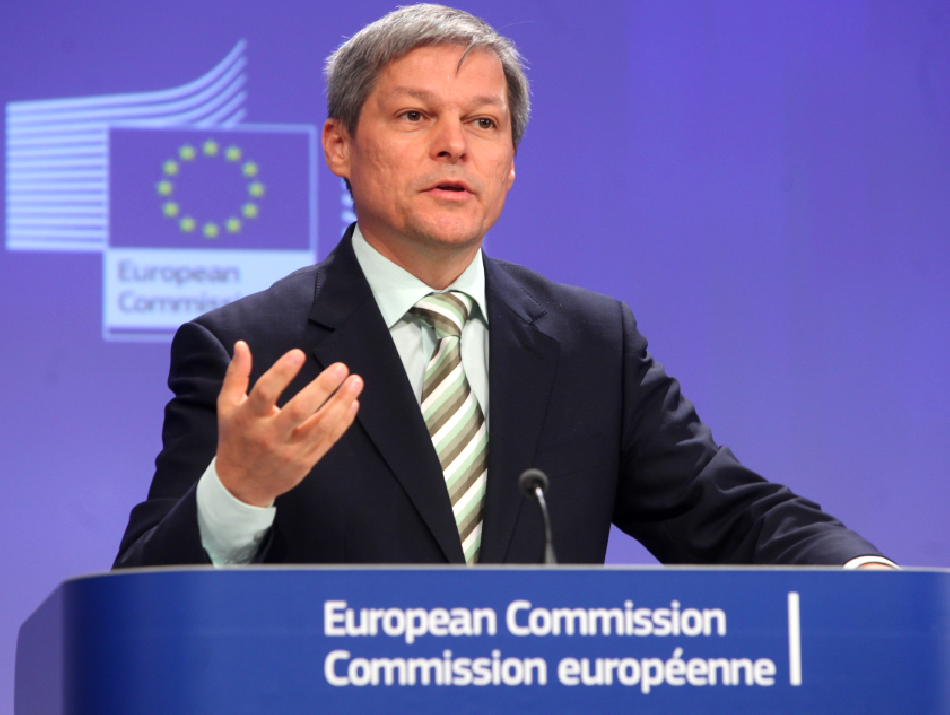Organic products and European agriculture
The European Commission proposes new regulations for organic products and their labelling, an initiative reflecting the concerns of consumers and producers alike which tries to solve the problems facing the current system. The proposal has been presented by the European Commissioner for agriculture and rural development, Dacian Ciolos. Consequently, consumers will have more solid guarantees as regards the organic products produced and sold within the EU, while farmers, producers and retailers will have access to a larger market both inside and outside the EU.

Corina Cristea, 26.03.2014, 13:29
The European Commission proposes new regulations for organic products and their labelling, an initiative reflecting the concerns of consumers and producers alike which tries to solve the problems facing the current system. The proposal has been presented by the European Commissioner for agriculture and rural development, Dacian Ciolos. Consequently, consumers will have more solid guarantees as regards the organic products produced and sold within the EU, while farmers, producers and retailers will have access to a larger market both inside and outside the EU.
The EU market of organic products has increased four times over the past 10 years and norms need to be updated and adapted so that the sector continues to develop and face future challenges. The European Commission proposes the consolidation and harmonisation of the EU norms also for imported products, because there are too many exceptions, says Commissioner Ciolos. Another proposal is to introduce facilities to help small farmers produce organic products by issuing group certificates that are cheaper than the individual certificates. Last but not least, control should be tightened, especially when it comes to distribution and sale. Dacian Ciolos:
“I have made some clarifications regarding the control mechanism of organic products, because lots of fraud attempts have been identified recently, amid the huge development of this sector over the past years. The demand for organic products is higher than the supply, so many people resort to fraud to compensate for this gap.”
The European Commission has also approved an action plan regarding the future of organic products in Europe. The plan provides for better information of farmers regarding the EU policy in terms of rural development and organic agriculture, for strengthening links between research and innovation projects and the organic production in the EU, as well as for boosting consumption of organic products in schools. As regards the evolution of the organic products sector, Commissioner Ciolos said in Brussels:
“Romania has also developed a lot in recent years in terms of organic agriculture. Since 2008 and 2009 the number of businesses in the field has increased 5 times. The areas cultivated according to organic agriculture norms have also grown 4 times, which reflects the adjustment of Romanian farmers to the high demand for organic products.”
The sector of organic products is booming across the European Union, with the organic products market exceeding 20 billion euros a year.






























